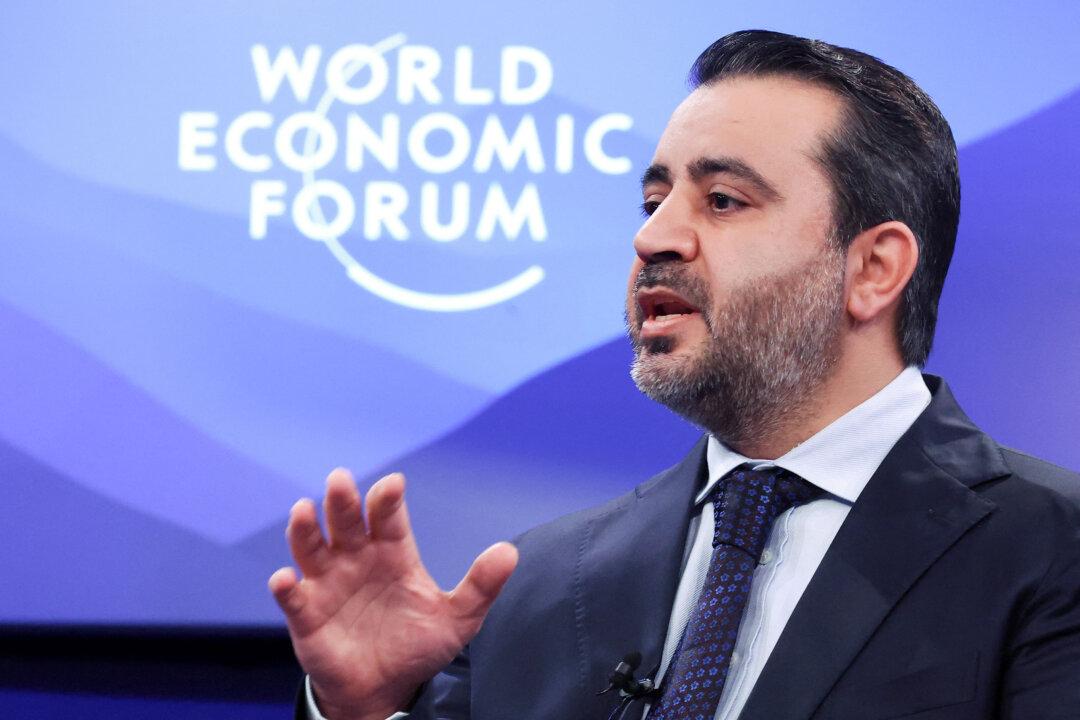Syrian Foreign Minister Asaad Hassan al-Shibani told the World Economic Forum on Jan. 22 that the country will open its economy to foreign investment.
Speaking in Davos, Switzerland, Shibani said that Damascus, now under the rule of a provisional government following the fall of Bashar al-Assad’s regime, is also working on energy and electricity partnerships with states in the Arabian Gulf.





